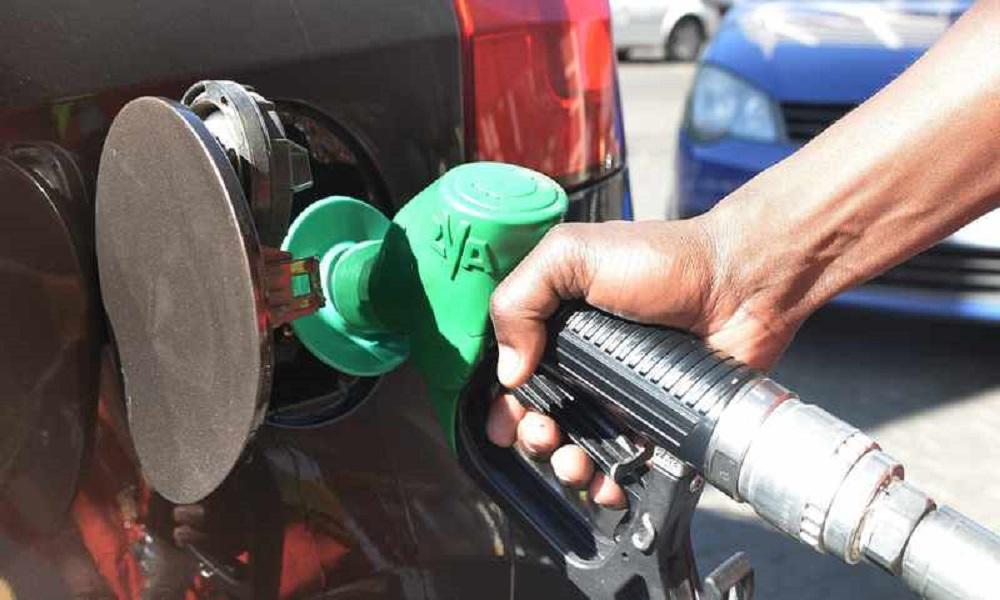ISLAMABAD: Again oil shock is on the cards as the price of high-speed diesel is expected to be increased by Rs24 per litre effective from August 16, 2023, which will fuel a new wave of inflation that is already at significantly higher levels.
As the global prices of oil surge, Pakistan is considering raising the prices of petroleum products during the period of August 16-31, 2023. This could mean an increase of around Rs12 to Rs24 per litre. Additionally, the cost of petrol might go up by roughly Rs12 per litre. In the previous adjustment for the first half of August, both petrol and diesel prices had already been raised by about Rs20 per litre.
Experts are suggesting that the loan conditions set by the International Monetary Fund (IMF) have compelled the government to pass on the escalating costs of international commodity prices to the local consumers.
Over the past couple of weeks, the prices of refined petroleum products have surged by $13, reaching $111 per barrel. Among these, the price of petrol has risen by $7 to reach $97 per barrel.
The potential increase in the price of high-speed diesel, which is crucial for agriculture and transportation, might lead to further inflationary pressures in the country. This could particularly affect the lives of ordinary people. Farmers, who depend on diesel for crop harvesting in remote areas, might face significant challenges due to the rise in fuel costs.
During the previous government led by the Pakistan Muslim League-Nawaz (PML-N) coalition, both the oil industry and consumers had to bear the brunt of a challenging economic situation. In the fiscal year 2022-23, Pakistan’s economy only managed to grow by 0.3%, a notable decrease from the 6% growth in the previous year.
The infiltration of smuggled Iranian oil into the Pakistani market has caused a decline in sales for the domestic oil industry. This has raised concerns among industry stakeholders. Reports indicate that up to 35% of the diesel sold in Pakistan has been illegally imported from Iran.
The Pakistan Petroleum Dealers Association has pointed out that while fuel smuggling used to be limited to the province of Balochistan in the past, it has now extended to other parts of the country.
Furthermore, there has been controversy surrounding the manipulation of the oil pricing formula by the government to maintain desired price levels. This has resulted in conflicts between the regulatory body, the Oil and Gas Regulatory Authority (Ogra), and the oil industry.
Given the agreement between the government and the IMF to cease subsidizing oil consumers, any further increase in petroleum prices could have a negative impact on consumers, adding to their financial burdens.

